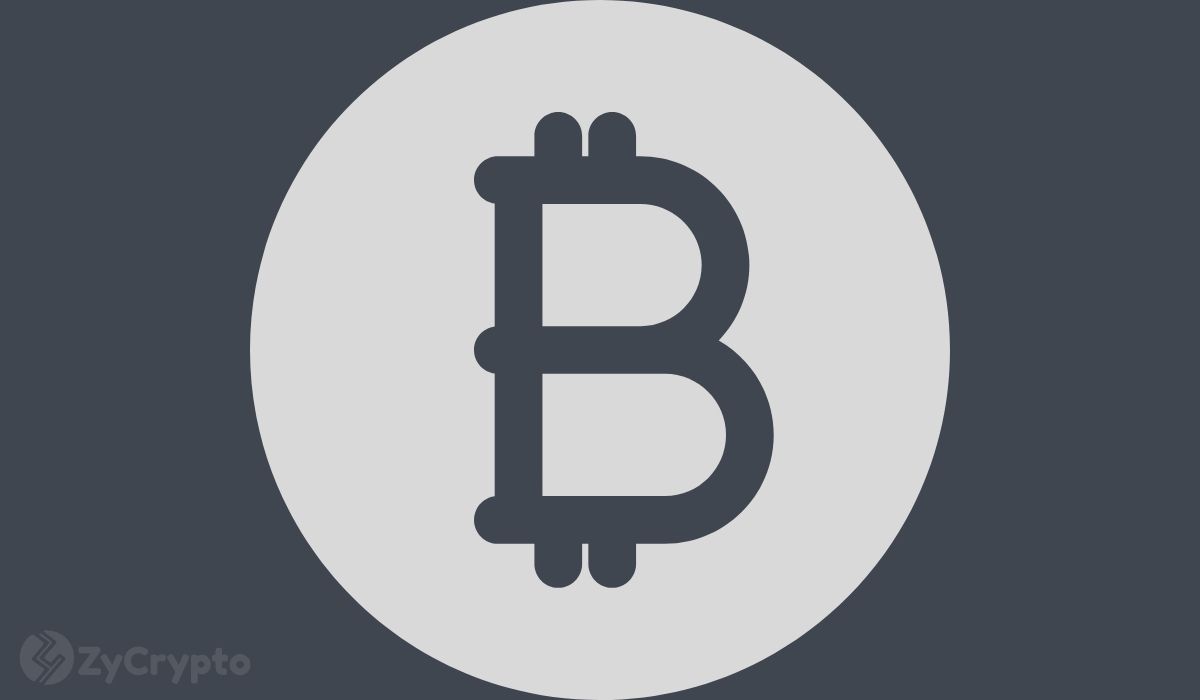
As the United States confronts a staggering $35 trillion national debt, discussions about utilizing Bitcoin as a potential solution have gained traction among economists and policymakers.
In a Tuesday report, the International Monetary Fund (IMF) projected that global public debt will exceed $100 trillion in 2024, with the U.S. accounting for about a third of this liability. This backdrop has prompted experts to explore whether cryptocurrency can help address the national debt crisis.
In August, former President Donald Trump suggested that selling “a few bitcoins” could help eliminate the national debt. This bold assertion has sparked a heated debate about the practicality of using Bitcoin to manage such a colossal financial burden.
According to the IMF report, the U.S. national debt is projected to grow by approximately 5.5% in 2024, translating to an increase of about $2 trillion. The federal government pays nearly $1 trillion annually to cover interest on this debt. Traditionally, the government addresses budget shortfalls by issuing bonds, which banks can then leverage to create new money, a process that fuels inflation and complicates fiscal stability.
While using BTC to offset national debt seems attractive, experts caution that it oversimplifies complex economic realities. Paul Muller, a senior fellow at the American Institute for Economic Research, believes that a favorable stance toward cryptocurrencies could stimulate economic growth, ultimately benefiting citizens.
“Making it easier to develop and run Bitcoin and other cryptocurrency projects in the U.S. will be good for the economy,” he recently noted.
The international landscape adds another layer of complexity. A declining number of countries are willing to hold U.S. bonds, a situation exacerbated by rising geopolitical tensions. Notably, Tether, a major player in the cryptocurrency space, has emerged as one of the top holders of U.S. government debt, illustrating a shift in traditional financial dynamics.
In light of these challenges, some experts are investigating the potential of real-world asset (RWA) tokenization, which involves converting traditional assets into blockchain-based tokens. BlackRock, for example, has begun tokenizing U.S. government debt, suggesting a possible path forward that leverages the benefits of both traditional finance and cryptocurrency.
Nevertheless, Bitcoin’s volatility poses risks. Following Trump’s remarks, Bitcoin’s price plummeted by about 15%, illustrating how sensitive the crypto market is to political statements. Some experts warn that integrating Bitcoin into government debt management could destabilize the U.S. dollar and lead to higher inflation.
Ultimately, while the prospect of using Bitcoin to tackle the national debt is intriguing, experts agree that it requires a more nuanced understanding of both cryptocurrency and economic policy.





















